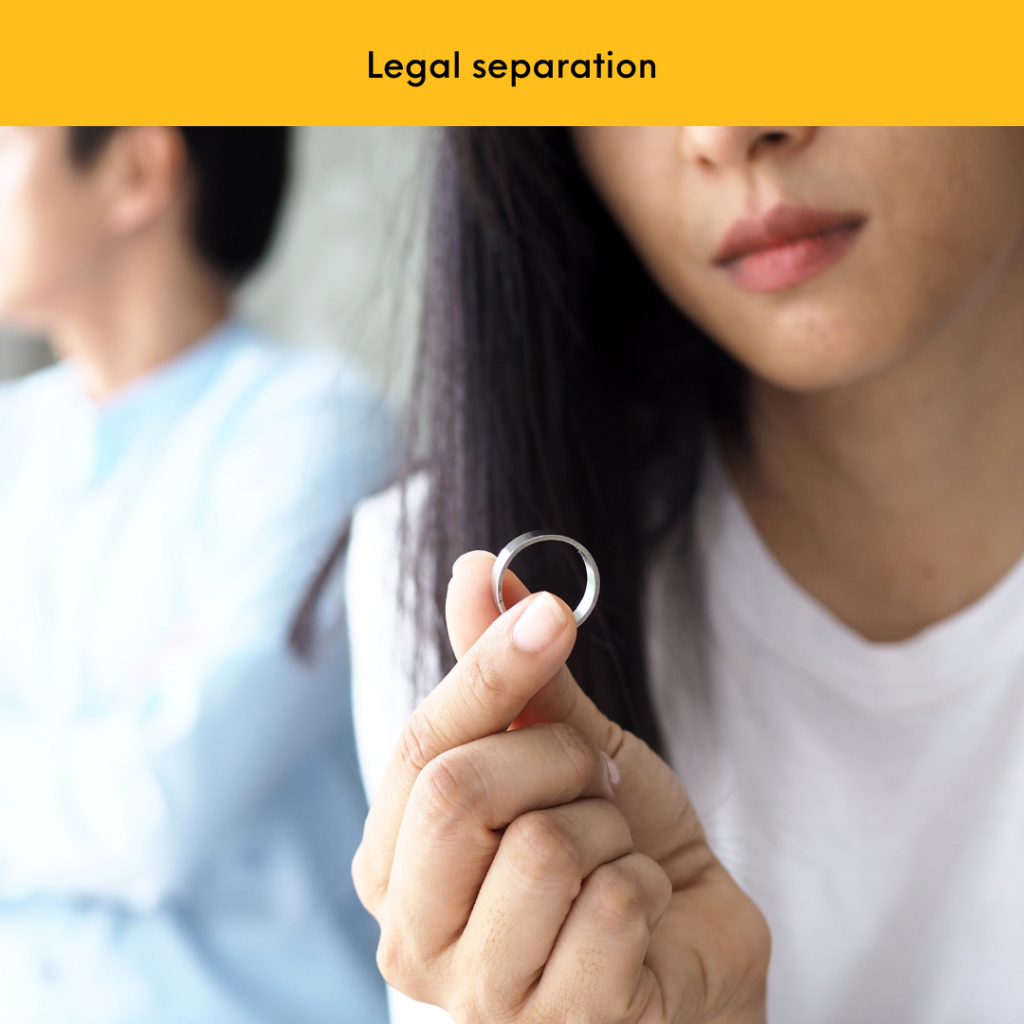
Published 29 July 2022, The Daily Tribune
We often hear that Philippine laws do not allow absolute divorce. A close concept we have is legal separation. Both are remedies for causes arising after the couples exchange “I Do’s.” However, the major distinction is that in divorce, the former spouses are allowed to remarry while in a legal separation the parties are prohibited from remarrying because the marital bonds are not severed.
This now poses a question. In the event the marriage does not work out, is securing a judgment declaring legal separation still worth it considering you cannot remarry?
To answer this question, one must consider the economic aspect of marriage. When spouses separate in fact but not in law, their property relations continue to govern them. In our jurisdiction, the common property relations are Absolute Community of Property (APC) or Conjugal Partnership of Gains (CPG). While there are differences between APC and CPG regarding properties brought into a marriage, both regimes have a common ground that property acquired during marriage forms part of the community/conjugal property.
When the property relations subsist, all prohibitions on dealing with community/conjugal property will continue. Even separated, one must secure the consent of the other before a community/conjugal property could be sold. Further, if the property regime subsists, any property acquired by the spouse even after the separation in fact will form part of the community/conjugal property. Consequently, the other spouse will be entitled to have claims over the property even if such spouse did not contribute to its acquisition or maintenance. A decree of legal separation will avoid such a scenario since one of its effects is to dissolve and liquidate the property relations.
A decree of Legal Separation will also extract accountability from the offending spouse since its effects include:
1) The offending spouse’s share of the net profits earned by the absolute community or conjugal partnership shall be forfeited in favor of the common children or, if there are none, the children of the guilty spouse by a previous marriage or in default of children, the innocent spouse. Net profits shall be the increase in value between the market value of the community property at the time of the celebration of the marriage and the market value at the time of its dissolution.
2) The custody of the minor children shall be awarded to the innocent spouse, subject to the provisions of Article 213 of the Family Code.
3) The offending spouse shall be disqualified from inheriting from the innocent spouse by intestate succession. Moreover, provisions in favor of the offending spouse made in the will of the innocent spouse shall be revoked by operation of law.
4) After the finality of the decree of legal separation, the innocent spouse may revoke the donations made by him or by her in favor of the offending spouse, as well as the designation of the latter as the beneficiary in any insurance policy, even if such designation be stipulated as irrevocable.
5) The court may order that the guilty spouse shall give support to the innocent one, specifying the terms of such order.
For more of Dean Nilo Divina’s legal tidbits, please visit www.divinalaw.com. For comments and questions, please send an email to cabdo@divinalaw.com.

